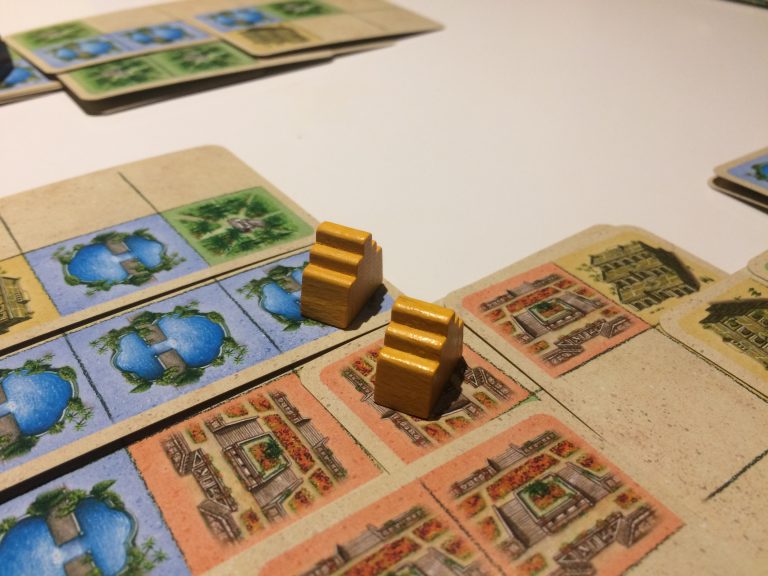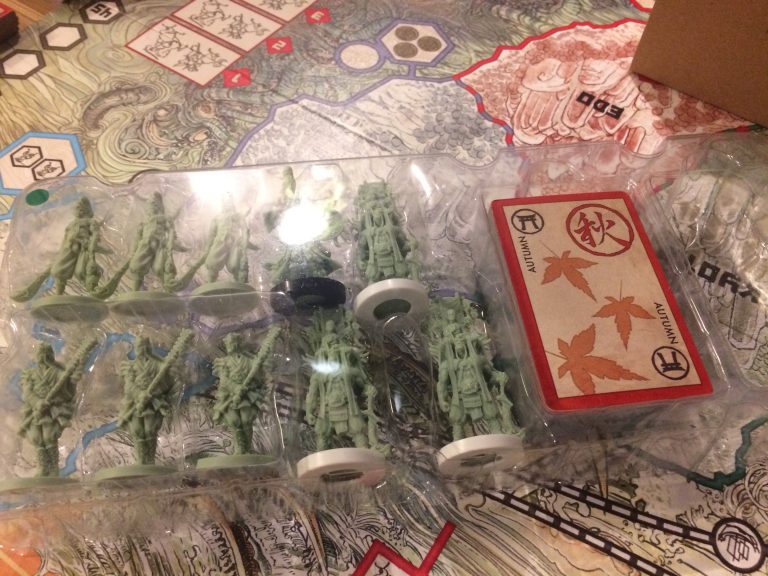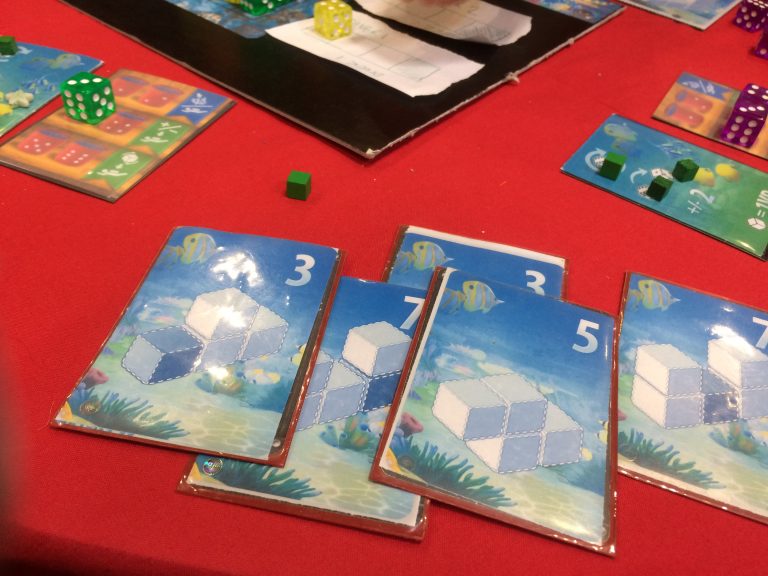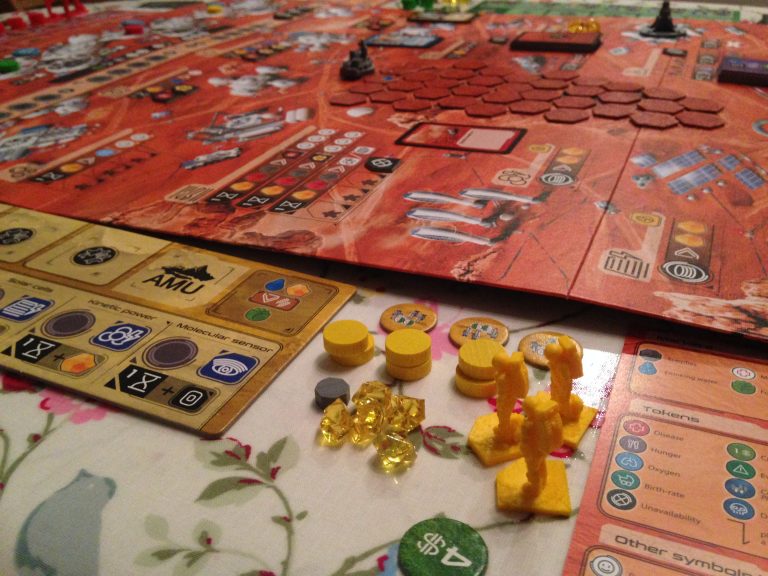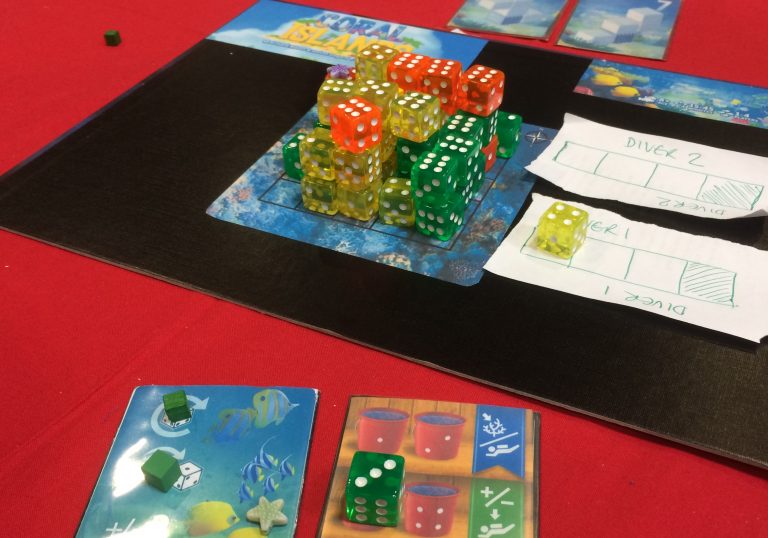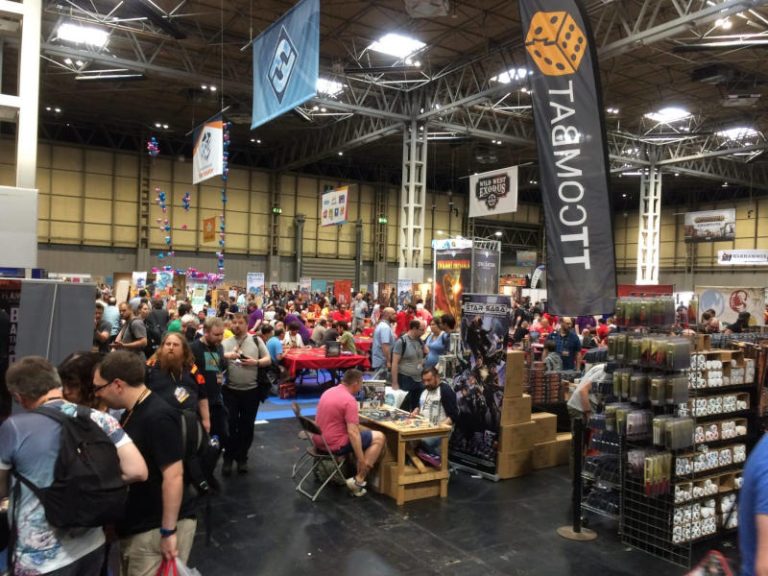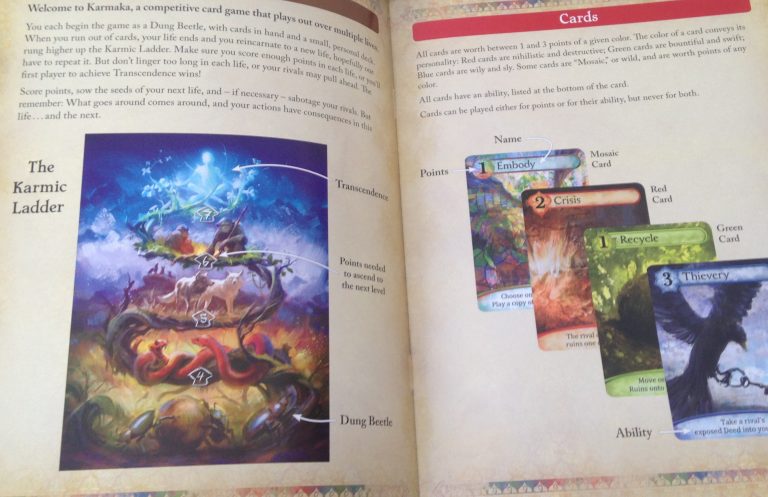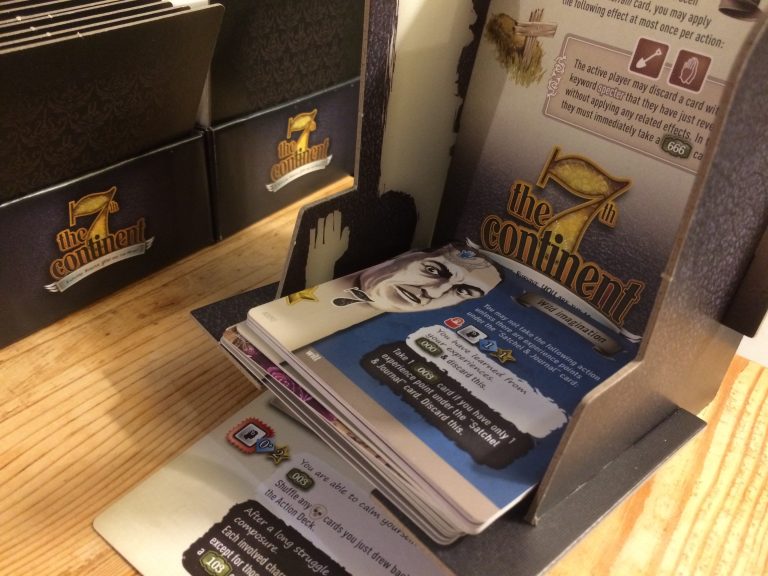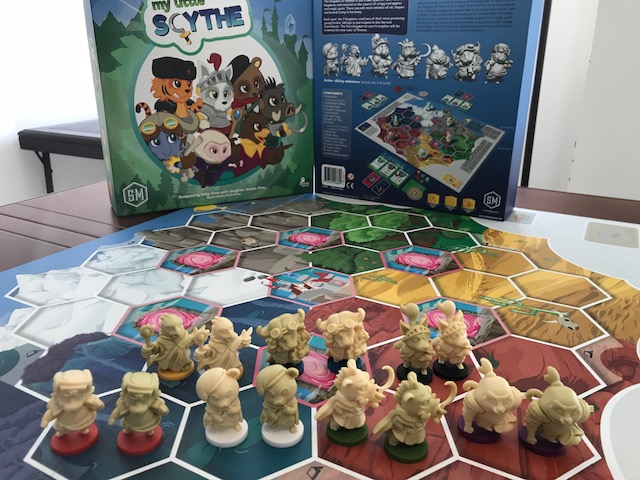Just the two of us
Most tabletop games are aimed at three or more players, with possibly a two player variant - and maybe even a solo option. However, more and more games coming out recently are either specifically aimed at two players only, or are designed to be played with two or more players. There is a choice between co-operative and competitive games, anything from light to heavy games and with virtually all types of game mechanisms found in other multi-player games.

